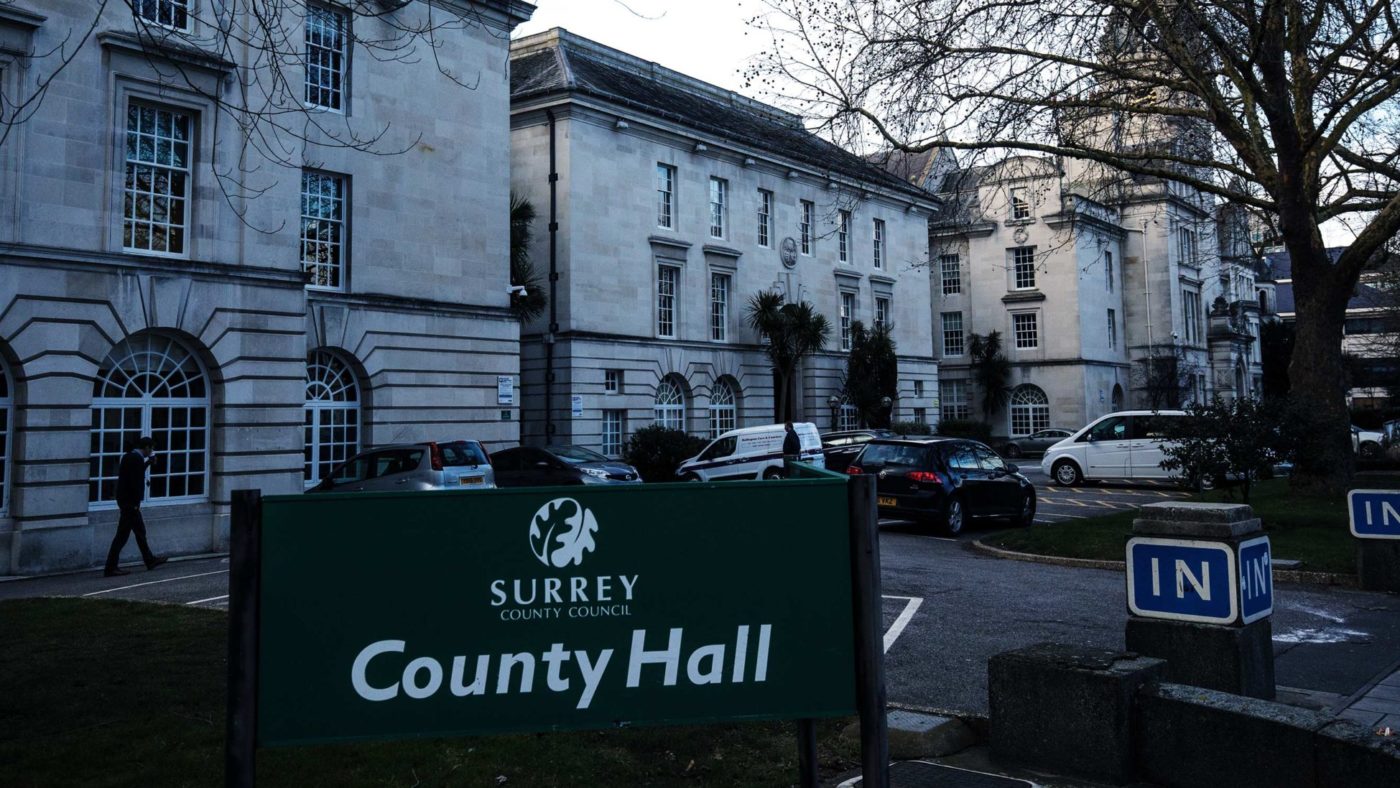Up and down the country people are beginning to worry about the death of local government. Bus services are less frequent, accessing health and social care is becoming more difficult, and high streets shops are closing down. Local councils face budget cuts while demand for their services increases. Local authorities are now simply delivery arms of national government.
At the same time, the devolution movement has stalled. While the nations of the UK have been subject to a steady devolution of responsibilities since 1997 (albeit to differing degrees), within England, outside London, it remains a work in progress. The country is now made up of a confusing arrangement of metro mayors, unitary authorities, and district councils. While these structures were designed to resolve some of the governance challenges that the UK faces, the process came from the centre, rather than in response to local demands, and in some cases even weakened lower levels of government.
The devolution of decision-making has rarely been matched with fiscal devolution. The result is that the diverse needs of Britain’s 9,000 communities are not being met. People feel like they have no influence over decision-making, either at a local and national level. Trust in government is at a record low of 36 per cent. We need to re-engage communities and promote decision-making at the lowest practical level, empowering local authorities and individuals in their local area.
People connect with their locality in different ways. Some feel strongly attached to their street or community group, others to their town or county. It seems a truism, but most people in England like where they live. A third still live in the same village or town in which they were born. It is in everyone’s interests to improve the local area. Harnessing this connection will be a key driver of localism and public service delivery in the future.
We need to find the right level at which power and revenue-raising can be devolved. It is worth looking at the performance of metro mayors, who have offered a vision of an England with accountable and transparent regional leaders. At the appropriate level, the combined authority model can ensure local governments cooperate in practical and appropriate ways, across services as diverse as transport, health, and planning.
In Greater Manchester, Andy Burnham has harnessed his relatively high profile to advocate greater investment in the region and across the north in general. Burnham said himself that after his experience in as an MP, Westminster was simply too remote to be able to fix society’s problems. As one of his key promises, transport has becomes something of a totemic issue in Manchester; crowded trains and congestion now overshadow his plans to overhaul and integrate the regional network.
Of Burnham’s other hallmark promise, homelessness, Manchester City Council has begun implementing a plan to provide bed space for every rough sleeper in the city. His challenge will be to collaborate with the other council authorities in the GMCA to design local solutions to this issue. Andy Street has also used his public platform to advertise the West Midlands, nationally and around the world.
A fall in unemployment has come alongside Birmingham being awarded the 2022 Commonwealth Games. These are notable achievements, but Street recognises that it is the skills shortage which threatens the long-term prosperity of the region. Local businesses and vocational training providers need to be at the centre of this effort, to ensure that there are both educational pathways and job opportunities which allow people to remain in the local area once trained.
Like all new institutions, the metro mayors will only earn the trust of local residents over time. As we have seen in London, and smaller authorities like Leicester, an active and responsive mayor can help increase turnout and engagement in future elections. This is consistent with polling data that suggests that once the role of the mayor is better understood and people can see the impact they can have, the mayoral model becomes more attractive.
The challenge in pursuing this model will be linking decision-making with revenue-raising powers. At the moment, local taxation accounts for only 5 per cent of all tax raised in the UK, a figure well below our counterpart countries. This means that local authorities are now effectively more accountable to central government than to the people and communities they serve.
In order to revitalise local authorities and improve public services, leaders have to re-engage communities. Citizens should have a voice at the subnational level, which to some extent has been achieved with the metro mayors. Being closer to the community, and with fewer layers of bureaucracy, local government is best placed to understand and respond to people’s needs.


